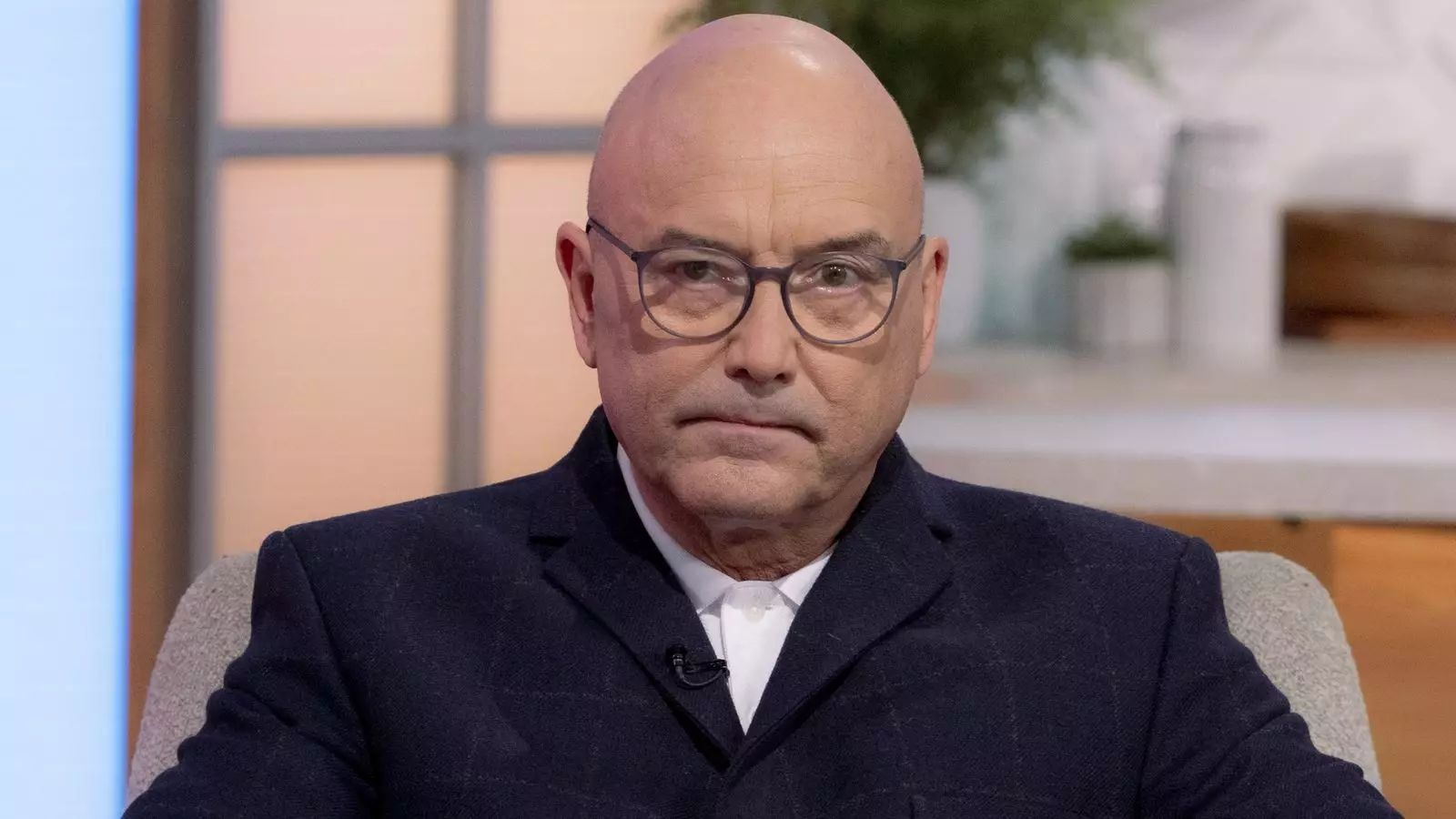Gregg Wallace, the well-known judge from MasterChef UK, has found himself at the center of a media storm that revisits an incident from over six years ago. His firm denial of having made “anything sexual” while on the BBC game show *Impossible Celebrities* raises questions about how past events can resurface and impact public figures today.
The controversy traces back to a 2018 occurrence during show’s recording. *Impossible Celebrities*, a Saturday night quiz hosted by Rick Edwards, aired from 2017 until 2021, enjoying a run of eight series filled with entertainment. The reported alleged incident garnered attention when gossip columns began circulating the notion of inappropriate behavior. Despite the sensationalism surrounding the claims, the internal investigation by the BBC cleared Wallace of any wrongdoing, allowing him to continue his association with the corporation.
In a post on Instagram, Wallace sought to clarify the matter, stating unequivocally that he had not engaged in any sexually suggestive behavior. He emphasized the results of the BBC’s review were clear—there was no complaint or accusation against him six years ago. Such assertions raise a pivotal discussion about the nature of accountability and the public’s appetite for sensational narratives that often exceed the original context.
Wallace’s situation spotlights the pervasive influence of media in determining public perception. Reports often thrive on ambiguity and can lead to misunderstandings that have long-lasting implications for individuals involved. The assumption of guilt before thorough investigative processes can lead to reputational harm, regardless of the final outcome. In Wallace’s case, his insistence on fidelity to his wife, Anna, was a critical part of his response, aiming to mitigate any undue speculation regarding his character.
This phenomenon underscores a broader concern regarding how the media handles sensitive topics surrounding professional personalities. The delicate balancing act between responsible reporting and the pursuit of a compelling story often leads to ethical dilemmas, as the nuances of human interactions are sometimes overlooked in favor of generating headlines. As Wallace notes, maintaining integrity is essential, particularly in the face of potentially damaging claims.
Wallace’s marriage to caterer Anne-Marie Sterpini and their shared commitment to raising their autistic son serves as a poignant layer to the controversy. He has expressed that his focus has shifted toward family responsibilities and maintaining a nurturing environment for his children. This personal transformation, along with his career trajectory, permeates his response to the allegations, revealing a man who is not only passionate about his work but also devoted to his family.
Moreover, the examination of Wallace’s past relationships, including his previous marriages, can influence how the public perceives his current situation. Institutional memory often colors how society views public figures; every relationship and marriage builds a narrative that can be difficult to dismantle. Thus, the complexity is amplified when one has a history marked by change, leading the public to scrutinize motives and actions through a lens of past behaviors.
The BBC’s statement regarding the investigations into inappropriate conduct establishes their zero-tolerance policy toward such behaviors. Even though they did not comment on individual cases, the organization has made it clear that it is committed to ensuring a safe and respectful workplace for all. This highlights a critical moment in broadcasting history where networks are expected to uphold high standards of professionalism, fostering an environment free from misconduct.
This response resonates amid increasing criticisms regarding the treatment of participants—overtly demanding a dive into welfare checks and behavioral expectations among producers and participants alike. The overall repercussions of such scrutiny may lead to a culture shift not just within the BBC but across the broadcasting landscape.
As the media narrative unfolds, the need for clarity and transparency within public discourse is paramount. Gregg Wallace’s adamant denial, coupled with the BBC’s internal reviews, serves as a reminder of the importance of holding individuals and institutions accountable, while also ensuring fairness in reporting. In a world quick to judge based on headlines, fostering a culture of understanding and context is essential for rebuilding trust and managing public dialogue effectively. The road ahead for those in the public eye requires not just vigilance, but also an unwavering commitment to the truth amidst clamorous speculation.


Leave a Reply